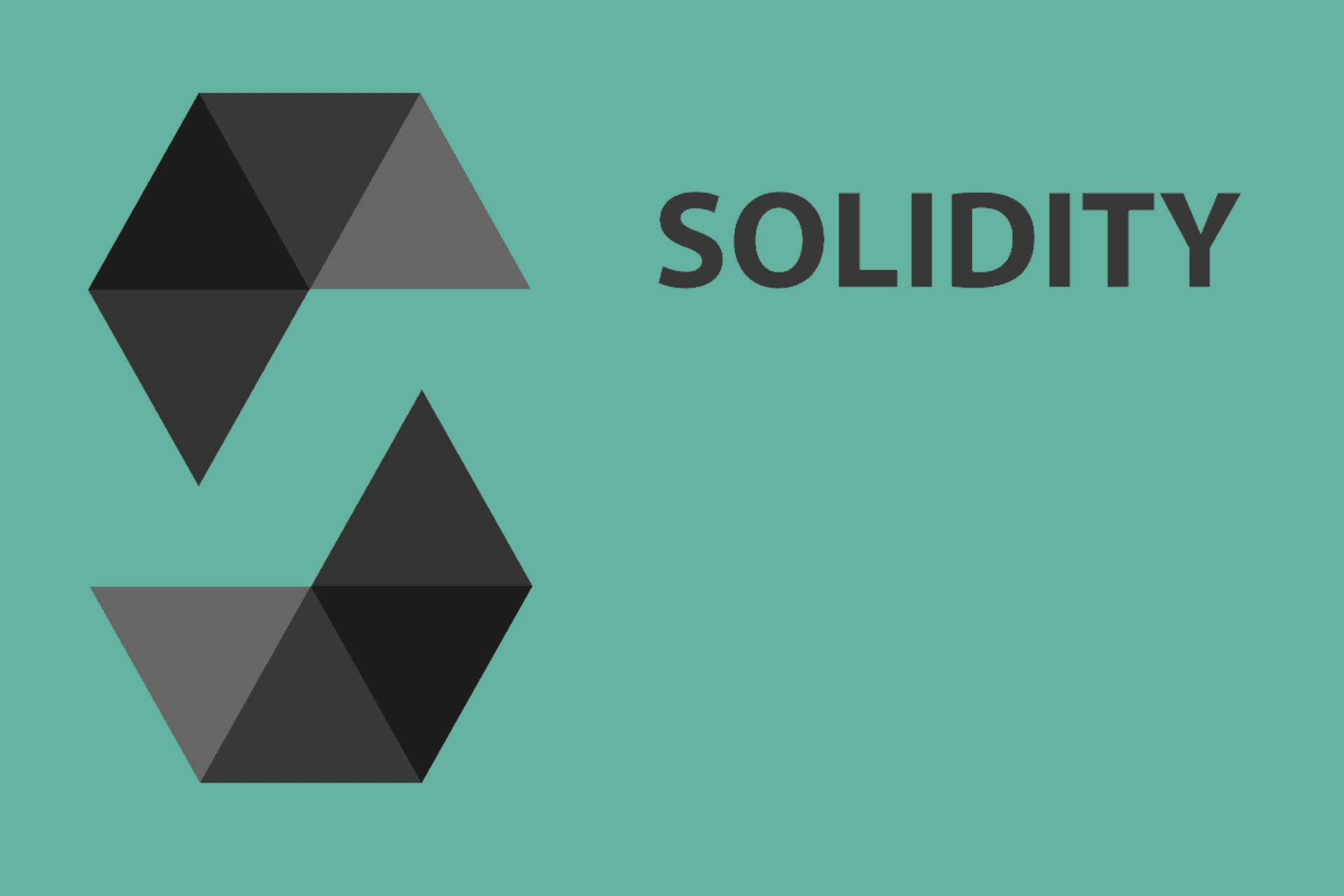Smart Contract Development Company
Our Smart Contract development services already execute thousands of active agreements globally. As the world’s largest fully remote company, we can create smart contracts with integrated workflows to elevate your company's efficiency.
500+ companies rely on our top 1% tech talent.
Smart Contract Development Services We Provide
Custom Smart Contract Development
Custom smart contracts deliver precise functionality, scalability, and risk reduction while automating processes to align with your goals. Whether improving workflows or building new systems, these contracts enable confident, efficient transaction management.
Our development process includes requirements gathering, coding, and thorough reviews to meet your needs. We specialize in platforms like Ethereum and Binance Smart Chain (BSC).
Blockchain Technology Integration
Integrate blockchain to enhance security, transparency, and efficiency in your operations. Build trust, protect data, and streamline workflows while advancing innovation.
Using REST APIs, Web3.js, and custom SDKs, our developers can bridge the gap between on-chain and off-chain data. We work to make sure all our integrations are secure and scalable, adapting to your current tech stack while laying the foundation for future growth.
Smart Contract Testing
Smart contract testing detects and fixes flaws, ensuring secure, reliable solutions. It safeguards assets, builds trust, and supports effective blockchain operations.
As a core part of our smart contract development services, testing often involves creating simulated environments and conditions, including stress testing and performance evaluation. We also employ both automated and manual testing techniques to verify that the contract functions as intended in real-world conditions.
Decentralized Application (dApp) Development
Decentralized applications (dApps) run on blockchain platforms, enabling users to interact with smart contracts for transactions and asset management.
Effectively implemented dApps provide users greater transparency, security, and user autonomy, allowing businesses to develop decentralized solutions. Our skilled, smart contract developers specialize in developing dApps that integrate smoothly with blockchain-based custom smart contracts.
Cross-Chain and Multi-Chain Smart Contract Development
Cross-chain and multi-chain smart contracts connect platforms, enabling smoother collaboration, data sharing, and functionality across blockchains.
We can develop smart contracts that perform operations across various chains while making sure the contract’s logic works effectively across each chosen platform. Through these cross-chain smart contracts, we can offer businesses a more versatile and scalable solution.
Smart Contract Templates and Frameworks
Ready-made templates simplify development, save time, and let you focus on creating solutions that drive your business.
Our templates are robust smart contracts that our team can adapt to meet your business needs. These templated smart contracts eliminate some of the development time, allowing for faster deployment and easier access to scalable smart contracts for your company.
Rolls Royce case study
Rolls Royce turned to BairesDev to develop an efficient, user-friendly mobile app. A two-week discovery process with the Rolls Royce product owner identified a comprehensive list of functionalities, data streams, and displays required to meet their clients’ expectations for a mobile SDS. Read the entire Rolls Royce case study.

Key Things to Know About Smart Contracts
Best Practices for Smart Contract Development
Smart contract architecture depends on distinct code drafted during the software development process.
This will make it easier to debug, audit, and maintain a smart contract.
Make sure a smart contract’s code is easy to understand for the developers who wrote it and anyone who has to audit it further down the line.
Taking a modular approach to your smart contract code will make it easier to reuse in the future.
This adds an extra layer of security to your smart contract, as it restricts the access of specific smart contract modules.
Grant minimal permissions to each part of your smart contract so you can minimize the risk of any unauthorized actions.
Follow the principle to reduce the potential attack surface of your completed smart contract
Experienced blockchain developers can follow this principle during development to create a secure smart contract.
Smart contracts often handle sensitive data and processes, so it’s crucial you test them as much as possible before and during implementation.
Thorough testing helps detect bugs, security flaws, and other issues early in development
This keeps every aspect of your smart contract working as intended.
Pay particular attention to edge cases during testing to make sure the contract behaves as expected in all potential scenarios
Continue to test intermittently once a contract is being used to make sure no errors arise.
Gas fees refer to the cost of executing any secure and automated transactions on a blockchain platform. Work with developers to reduce these costs as much as possible.
By writing clear, consistent code, your developers can limit some of the gas costs your smart contract makes during use.
Apply smaller data types during the software development stage of your smart contract (while making sure it still meets business needs) to cut gas fee costs further.
The fewer state changes you include when creating smart contracts, the less gas it should cost.
Forecast your gas costs before you develop smart contracts so you know what to expect and how to minimize them.
Why Choose BairesDev for Smart Contract Development

Robust Security Measures
Smart contracts must be developed securely to avoid data loss and prevent potential attackers from infiltrating agreements. We develop smart contracts based on strict security goals and procedures and deliver high-quality services with thorough testing that can help keep your smart contracts safe from attacks.
Nearshore, Timezone-Aligned Talent
If you’re working with a smart contract development company, you need to be able to maintain frequent communication with them across your usual time zone. Not only are our smart contract developers near your time zone, but they each possess extensive expertise in applying business logic to smart contracts that reliably deliver for their users.
Trusted Smart Contract Development Partner Since 2009
The blockchain has evolved substantially in the past couple of decades. Our smart contract development services have evolved alongside those developments, meaning we can deploy smart contracts in keeping with today’s tech landscape. Remaining up-to-date also allows us to provide smart contract optimization with a clear development process where you’re always in the loop.
Our process. Simple, seamless, streamlined.
During our first discussion, we'll delve into your business goals, budget, and timeline. This stage helps us gauge whether you’ll need a dedicated software development team or one of our other engagement models (staff augmentation or end-to-end software outsourcing).
We’ll formulate a detailed strategy that outlines our approach to backend development, aligned with your specific needs and chosen engagement model. Get a team of top 1% specialists working for you.
With the strategy in place and the team assembled, we'll commence work. As we navigate through the development phase, we commit to regularly updating you on the progress, keeping a close eye on vital metrics to ensure transparency and alignment with your goals.
Frequently Asked Questions
What industries benefit the most from smart contract applications?
Smart contracts are versatile and have proven transformative across various industries:
- Finance and Banking: Automate payments, loan processing, and trading, eliminating intermediaries.
- Supply Chain and Logistics: Track shipments, verify authenticity, and streamline payments at key milestones.
- Healthcare: Secure patient records, streamline insurance claims and track pharmaceuticals.
- Real Estate: Simplify property transactions, escrow management, and rental agreements.
- Energy: Manage peer-to-peer energy trading, billing, and renewable energy credits.
Smart contracts offer valuable solutions to these and many other sectors by automating processes and ensuring transparency.
How can smart contracts be integrated with existing systems or processes?
Smart contracts can integrate seamlessly with existing systems through APIs and blockchain connectors, allowing them to interact with traditional software and databases. For example:
- Enterprise Systems: Smart contracts can automate workflows within ERP or CRM platforms.
- IoT Devices: Smart contracts can trigger actions based on IoT sensor data, such as releasing payments when environmental conditions are met.
- Legacy Systems: With middleware solutions, smart contracts can connect with legacy systems to enhance functionality without overhauling existing infrastructure.
Proper integration requires expertise in both blockchain development and the systems being connected to ensure smooth operation and data compatibility.
Can I modify a smart contract once it’s deployed?
Smart contracts are typically immutable once deployed on the blockchain. This is vital for their design, as smart contracts provide agreement resolutions based on strict criteria. However, they can be designed to be upgradable by using proxy patterns or other techniques to allow for future modifications without compromising data or funds. This can help a development company to provide smart contract optimization, where previous contracts can be upgraded to support future agreements.
What blockchain platforms are suitable for deploying smart contracts?
Smart contracts can be deployed across almost any blockchain infrastructure as long as you work with an experienced software development company that can offer seamless integration. Some of the most popular blockchain platforms for smart contracts include Ethereum, Binance Smart Chain, Solana, Polygon, and Tezos. Choosing the best platform for your particular smart contracts will depend on several factors, like scalability, security, and cost efficiency.
What is the difference between a smart contract and a traditional contract?
Smart contract development projects differ substantially from traditional, paper-based contracts, even though they serve a similar function. Unlike traditional contracts enforced through intermediaries and legal systems, smart contracts are self-executing and automated, with terms directly written into their code.
They also operate on a decentralized blockchain, offering increased security, transparency, and efficiency. This means a smart contract can be a more reliable alternative, particularly if you’re organizing a time-dependent agreement, like an insurance claim, a financial investment, or a real estate transfer.
How is the security of smart contracts maintained?
Smart contracts can suffer from security concerns, notably reentrancy attacks, overflow/underflow errors, and unauthorized access. However, if coded and developed effectively, they remain highly secure agreements.
Many of the security benefits of smart contracts are thanks to their implementation with blockchain technology. Blockchains create an unalterable log of any transaction made through the platform, which can be applied to a smart contract. This means you’ll always have an immutable log of your transactions due to your smart contract.
Smart contracts also use cryptographic techniques like public and private keys to maintain the integrity of their execution. These methods mean that only authorized parties can access and interact with the contract, and any data exchanged during execution is secure and encrypted. Smart contracts can then be secured even further by conducting regular testing procedures. Through these tests, often in recreated scenarios, developers can remove bugs and make sure the contract works as intended before deployment.
Are smart contracts legally binding?
This depends on how they’ve been organized and developed. While smart contracts are legally binding in the context of the blockchain, in many cases, they may need to be integrated with traditional legal frameworks to be fully enforceable in the physical world. It’s strongly advisable to consult with legal experts when using smart contracts for complex legal agreements. Lawyers can be involved during the initial agreement phases or during an audit to check if a contract is legally binding before it is applied.
What happens if my smart contract runs out of gas?
If your smart contract runs out of gas during execution, the transaction fails, and no changes are made to the blockchain. This is why smart contract developers must optimize contracts to avoid running out of gas during execution. The user will also likely be charged for the amount of gas used by the failed transaction, even though the agreement was not processed successfully. Experienced smart contract developers can employ gas-saving development measures, like limiting state changes and writing clean and clear code, to mitigate the risk of this happening to your smart contract.
How Businesses Can Overcome the Software Development Shortage
BairesDev Ranked as one of the Fastest-Growing Companies in the US by Inc. 5000

See how we can help.Schedule a Call










